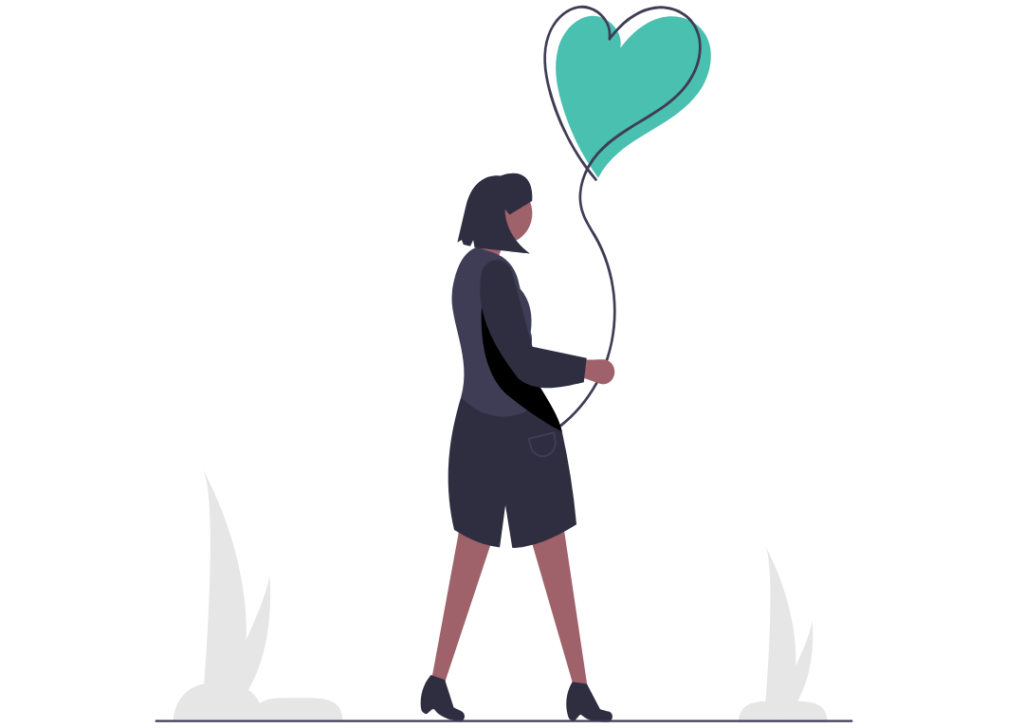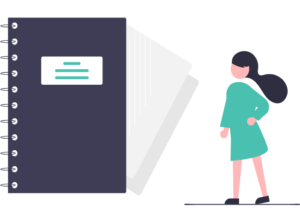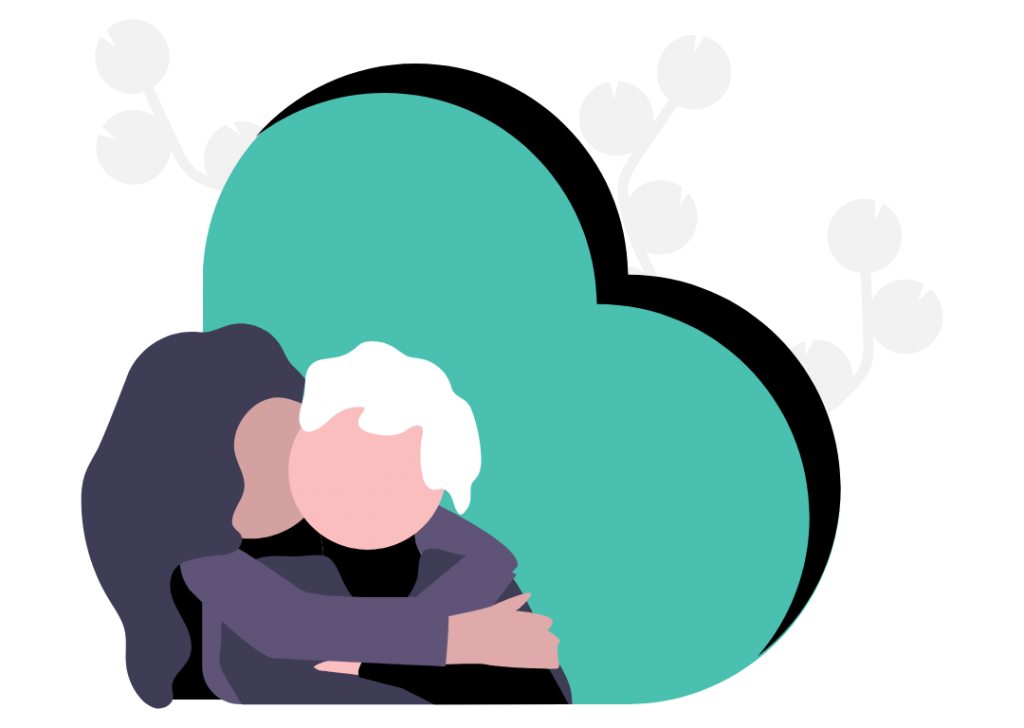
Saying Goodbye to My Mom in 15 Days
Klara was a few years out of college when her seemingly healthy mom was diagnosed with a rare form of cancer beyond treatment.

Roberta, a retired engineer and active community volunteer, became a caregiver when the oldest of her teen boys was diagnosed with a terminal brain tumor. She shares how she found her footing after receiving her son’s diagnosis, what it took to get organized, and the impact of Zach’s legacy on pediatric brain tumor research and helping caregivers.
As told to Open Caregiving and lightly edited to enhance readability while preserving the author’s voice.
My name is Roberta, a Baby Boomer female, living in Massachusetts. I became a caregiver in 2005 when my 17-year-old son Zachary was overwhelming.
When Zach was diagnosed, I was a full-time mother and community volunteer. Since my sons were teenagers, most of my time was spent volunteering as the development chair on the board of a local domestic violence agency. I am an engineer by training but had given that up years before to focus on raising my sons.
Zach, my oldest son, was a healthy 17-year-old, when he was diagnosed with cancer and given 4-6 weeks to live. Fortunately, his tumor responded to radiation and chemotherapy, and he lived for 27 months, dying at age 19 from respiratory failure.
We were so overwhelmed with the diagnosis, we could barely function in the early days. At first, like others receiving a terrible diagnosis, I didn’t stop to think about how organized I would have to be to navigate the medical world. But it didn’t take long for me to realize that I had to take careful notes (at appointments and at home) and share them with each doctor we saw. And I’d have to keep all documents organized and handy to share as needed at each appointment.
But I didn’t get myself organized right away. After the first few days, I had accumulated a pile of scrap paper with notes I took at our initial doctor appointments. When my sister saw this, she suggested a notebook. I couldn’t believe I was so out of it that I hadn’t thought of that! I grabbed an old notebook and taped in all my scraps of paper. Within a few weeks, I also decided I needed an accordion file for documents, and a business card case for each doctor’s card. I kept all these tools, plus our personal comfort items, in a tote bag that we dubbed the “chemo bag”. We took it everywhere we went.
My ability to stay organized and share important medical information with each doctor on our team proved to be an invaluable asset for us. For example, when we went to specialists, or even to the emergency room, I had everything I needed to explain Zach’s history, including test results and medications taken.
I was surprised by a few things.
Firstly, I didn’t realize how much of Zach’s care coordination we would be responsible for. For the most part, specialists we saw had not read notes or records from other doctors. We often heard the “why are you here?” question.
Secondly, I was shocked at how much “nursing” care was required of us. At the end of his life, Zach was paralyzed, unable to walk, talk, eat, or move. My husband and I had to learn how to do a variety of nursing-type tasks, including giving him injections, feeding him through a nasal-gastric tube, cleaning out fluids in his lungs with one machine, and cleaning saliva from his mouth with another. We also had to follow a complicated medication regimen with over 20 medications, monitor his oxygen, move him regularly to keep his blood circulating, and more. And nobody ever asked us how we were keeping track of it all, or even if we were sure we could handle everything required to keep Zach alive.
For most of Zach’s illness, he was able to function fairly normally – he went to school, saw his friends, and enjoyed many activities. He had regular doctor appointments and MRIs every 6 weeks, but the rest of his time, and ours, was not consumed by cancer. Of course, my husband and I were living with fear and concern, but we were able to carry on our regular day-to-day life. And we tried to be as happy as possible for Zach’s sake.
Unfortunately, our lives changed drastically for the worse for the last 4 months of Zach’s life. Zach was very sick and needed hands-on care 24/7. It was very difficult to do anything for myself, including sleeping, during this period. However, I had no interest in trading that time with him for time for myself.
I must make a shameless plug for Zaggo and the ZaggoCare System. After Zach died, I started a nonprofit organization, and created a product called the ZaggoCare System, to help other patients and family caregivers get the best care and outcome possible. The ZaggoCare System is a “kit” that provides the information and tools patients and family caregivers need to be more engaged, empowered members of their medical teams. The highlight of the product is our 120-page guide, filled with easy-to-follow tips, helping patients and families know what to do at each step of the way. It all comes in a tote bag, with a full set of organizational tools.
Importantly, 100% of profits from sales are donated to the Zachary Carson Brain Tumor Fund, a pediatric brain tumor research fund in Zach’s memory.
I would have told myself to get a notebook and accordion on the first day! And although I asked each medical provider a lot of questions throughout the journey, I wish I had known what questions to ask. There were many times we asked ourselves “how come nobody told us this sooner” or “why didn’t we think of that sooner”.
Roberta Carson started Zaggo, a non-profit organization that helps patients and family caregivers manage illnesses and injuries, after her experience as caregiver for her teenage son Zachary who had terminal brain cancer. Learn more about the ZaggoCare System and how 100% of profits are donated to pediatric brain tumor research in memory of Zachary.

Klara was a few years out of college when her seemingly healthy mom was diagnosed with a rare form of cancer beyond treatment.

Chris was in his mid-50s when his mom was diagnosed with small-cell carcinoma and learned that she had limited time left to live.

Tara's kids were finally old enough to take care of themselves, and she was looking forward to going back to work.